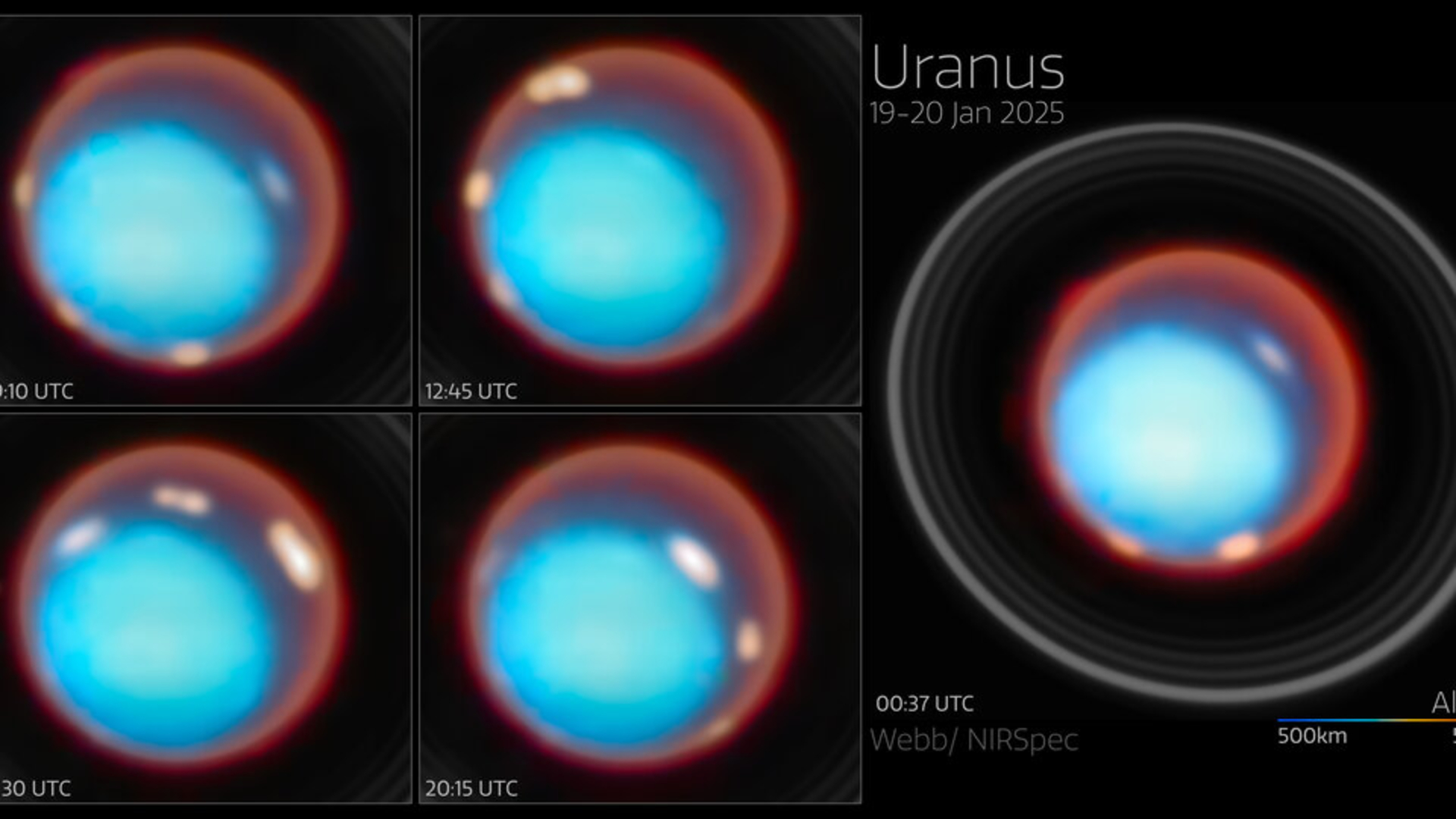FDA approves first antibody test in the US to detect the coronavirus
Antibody tests can help identify people who have already had COVID-19.

Get the world’s most fascinating discoveries delivered straight to your inbox.
You are now subscribed
Your newsletter sign-up was successful
Want to add more newsletters?

Delivered Daily
Daily Newsletter
Sign up for the latest discoveries, groundbreaking research and fascinating breakthroughs that impact you and the wider world direct to your inbox.

Once a week
Life's Little Mysteries
Feed your curiosity with an exclusive mystery every week, solved with science and delivered direct to your inbox before it's seen anywhere else.

Once a week
How It Works
Sign up to our free science & technology newsletter for your weekly fix of fascinating articles, quick quizzes, amazing images, and more

Delivered daily
Space.com Newsletter
Breaking space news, the latest updates on rocket launches, skywatching events and more!

Once a month
Watch This Space
Sign up to our monthly entertainment newsletter to keep up with all our coverage of the latest sci-fi and space movies, tv shows, games and books.

Once a week
Night Sky This Week
Discover this week's must-see night sky events, moon phases, and stunning astrophotos. Sign up for our skywatching newsletter and explore the universe with us!
Join the club
Get full access to premium articles, exclusive features and a growing list of member rewards.
The Food and Drug Administration (FDA) has approved the first test in the U.S. designed to detect coronavirus antibodies, according to a letter of authorization. Widespread antibody testing can be useful in determining how many people in a population were infected with the virus and might now be immune.
Up until now, all of the coronavirus tests conducted in the U.S. were designed to find fragments of the virus itself. This type of test, which uses a method called PCR to find viral RNA in nasal samples, is useful for detecting people who are currently infected with the coronavirus.
—Coronavirus in the US: Map & cases
—What are coronavirus symptoms?
—How deadly is the new coronavirus?
—How long does coronavirus last on surfaces?
—Is there a cure for COVID-19?
—How does coronavirus compare with seasonal flu?
—How does the coronavirus spread?
—Can people spread the coronavirus after they recover?
But diagnostic tests won't be useful in identifying people who have already recovered from COVID-19, as they will no longer have detectable levels of viral RNA in their body. These recovered patients will, however, have antibodies that fight off the virus circulating in their blood.
Related: 13 coronavirus myths busted by science
The FDA approved this test, produced by the biotech company Cellex, under "emergency use authorization," which allows for the tests to be used prior to gaining full approval, provided there aren't any already-approved alternatives, according to the FDA.
Cellex's antibody test requires a blood sample that can be analyzed only in authorized labs. The test takes about 15 to 20 minutes to give results, according to the letter. The test looks for two types of antibodies: immunoglobulin M and immunoglobulin G. Immunoglobulin M is the first antibody that the body makes in response to a foreign substance and can appear a couple of days after infection.
In contrast, the body produces large quantities of immunoglobulin G later on in the infection process. Immunoglobulin G is specific to the novel coronavirus. Positive results could either mean either a person is currently infected or was recently infected by the coronavirus, according to the letter.
Get the world’s most fascinating discoveries delivered straight to your inbox.
Other companies in the U.S. were already making and distributing antibody tests without this authorization, but couldn't use those results to diagnose a past case of COVID-19, according to The Verge. For example, a United Biomedical antibody test was already being given to residents of Telluride, a small Colorado ski town, for free, according to a Live Science report.
Other countries, such as China, have already been conducting antibody testing for some time now, according to another Live Science report. Both blood tests and tests that look for viral RNA, when taken too early, might miss cases, according to the report.
Though such antibody tests could be useful in determining whether a person has had COVID-19 and could now be immune to the coronavirus, it's still not clear if people gain complete immunity and if they do, how long they remain immune, according to another Live Science report.
- 28 devastating infectious diseases
- 11 (sometimes) deadly diseases that hopped across species
- The 12 deadliest viruses on Earth
Originally published on Live Science.
OFFER: Save at least 53% with our latest magazine deal!
With impressive cutaway illustrations that show how things function, and mindblowing photography of the world’s most inspiring spectacles, How It Works represents the pinnacle of engaging, factual fun for a mainstream audience keen to keep up with the latest tech and the most impressive phenomena on the planet and beyond. Written and presented in a style that makes even the most complex subjects interesting and easy to understand, How It Works is enjoyed by readers of all ages.

Yasemin is a staff writer at Live Science, covering health, neuroscience and biology. Her work has appeared in Scientific American, Science and the San Jose Mercury News. She has a bachelor's degree in biomedical engineering from the University of Connecticut and a graduate certificate in science communication from the University of California, Santa Cruz.
 Live Science Plus
Live Science Plus











